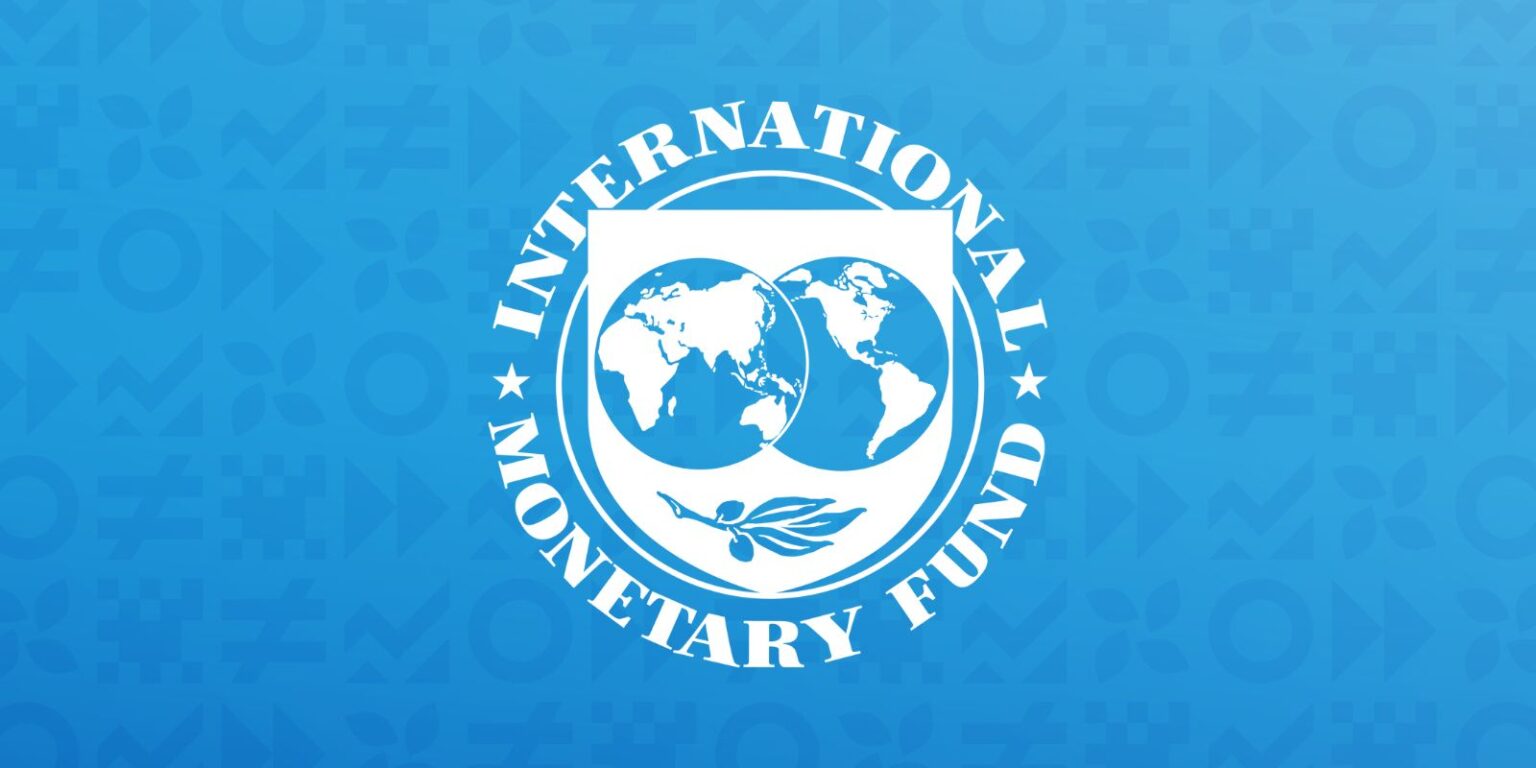By Atoyebi Nike
The International Monetary Fund (IMF) has raised alarms over the absence of a robust social safety net in Nigeria, warning that the ongoing economic reforms may deepen hardship for millions of citizens without targeted support for the most vulnerable.
In an article published Monday on its website, the IMF noted that although key reforms introduced since 2023 have helped stabilize some macroeconomic indicators, widespread poverty and food insecurity persist. The reforms include liberalising the foreign exchange market, halting central bank deficit financing, and removing fuel subsidies.
The IMF’s Nigeria Mission Chief, Axel Schimmelpfennig, and Resident Representative, Christian Ebeke, authored the piece, which highlights that these policy shifts have improved Nigeria’s access to forex and increased international reserves. Yet, inflation remains stubbornly high above 20%, and basic services like electricity remain limited.
“Without effective social buffers, the costs of these reforms fall disproportionately on the poor,” the Fund warned, urging the Nigerian government to scale up its cash transfer programme as a key step toward inclusive growth.
The Fund acknowledged that the Tinubu administration inherited a challenging economic landscape in 2023. Between 2014 and 2023, Nigeria’s real per capita GDP declined annually by 0.7%, while 42% of the population lived in poverty.
Despite returning to international capital markets and gaining investor confidence, the IMF stressed that the benefits of reform have yet to reach the most vulnerable Nigerians. It outlined three urgent policy priorities:
Inclusive Growth – Expand direct cash transfers to vulnerable households to cushion inflation and fuel subsidy removal effects.
Budget Reforms – Establish a transparent and realistic fiscal framework to enhance spending efficiency and accountability.
Domestic Revenue Mobilization – Continue tax reforms, but align rate increases with improvements in living standards and social protections.
The IMF also advised that savings from subsidy removal should be reinvested in critical infrastructure, education, health, and climate resilience. Without these steps, the Fund cautioned, the reforms may worsen inequality and undermine Nigeria’s long-term development prospects.


